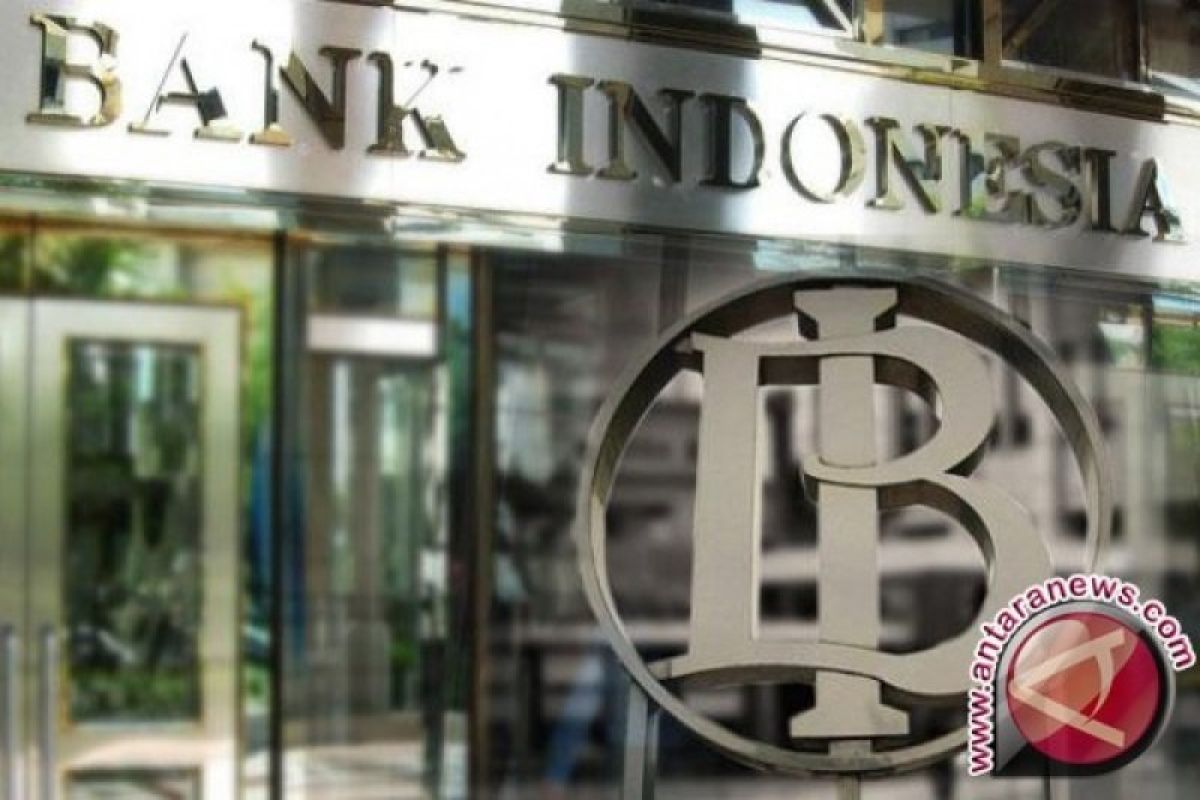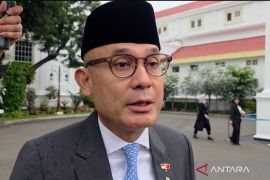At the end of Q2 of 2019, Indonesia’s IIP net liability was clocked at US$330.3 billion, or 31 percent of the gross domestic product (GDP), slightly higher than $329.2 billion, or 31.3 percent of the GDP, at the conclusion of the previous period, noted a Bank Indonesia statement received in Jakarta on Saturday.
The rise was spurred by a larger increment in the FFL position in comparison with the gain in Foreign Financial Assets (FFA).
Indonesia’s higher FFL position was chiefly propelled by an influx in foreign capital inflows in the form of portfolio investment.
The inflows were strengthened by a favorable domestic economic outlook and attractive domestic financial investment assets.
Hence, at the end of Q2 of 2019, FFL had increased 0.4 percent quarter-to-quarter (qtq), or by US$2.9 billion, to reach the position of $691.2 billion, also influenced by a depreciation of the US dollar against the rupiah that raised the value of rupiah-denominated investment instruments.
Further improvements were nullified, though, by a negative revaluation of domestic financial instruments in accordance with the Jakarta Composite Index (JCI), which recorded a downward trend during the reporting period.
The increase in Indonesia’s FFA position was also attributed to rising transaction of direct investment and other investment assets. At the end of Q2 of 2019, the FFA position rose 0.5 percent qtq, or by $1.9 billion, to total $361.0 billion.
The gain was backed by a rise in bond price, higher average stock indexes, and a weaker US dollar against several major global currencies in countries receiving FFA.
Bank Indonesia perceives Indonesia’s IIP at the end of Q2 of 2019 as having remained healthy. These developments were indicated by the domination of long-term instruments within the structure of Indonesia's IIP net liability.
Nonetheless, Bank Indonesia will stay alert to the risk of Indonesia’s IIP net liability to the economy. In future, Indonesia’s IIP performance is projected to record an improvement in tune with sustained economic stability, backed by strengthening coordination between Bank Indonesia, the government, and other relevant authorities to stimulate the domestic economic growth momentum through increasing domestic demand, boosting exports and tourism, as well as attracting foreign capital inflows, including foreign direct investment (FDI). Related news: Indonesia`s international investment position remains stable: BI
Related news: Indonesia`s net international investment liability position decreases: BI
EDITED BY INE
Reporter: Azis Kurmala
Editor: Suharto
Copyright © ANTARA 2019












